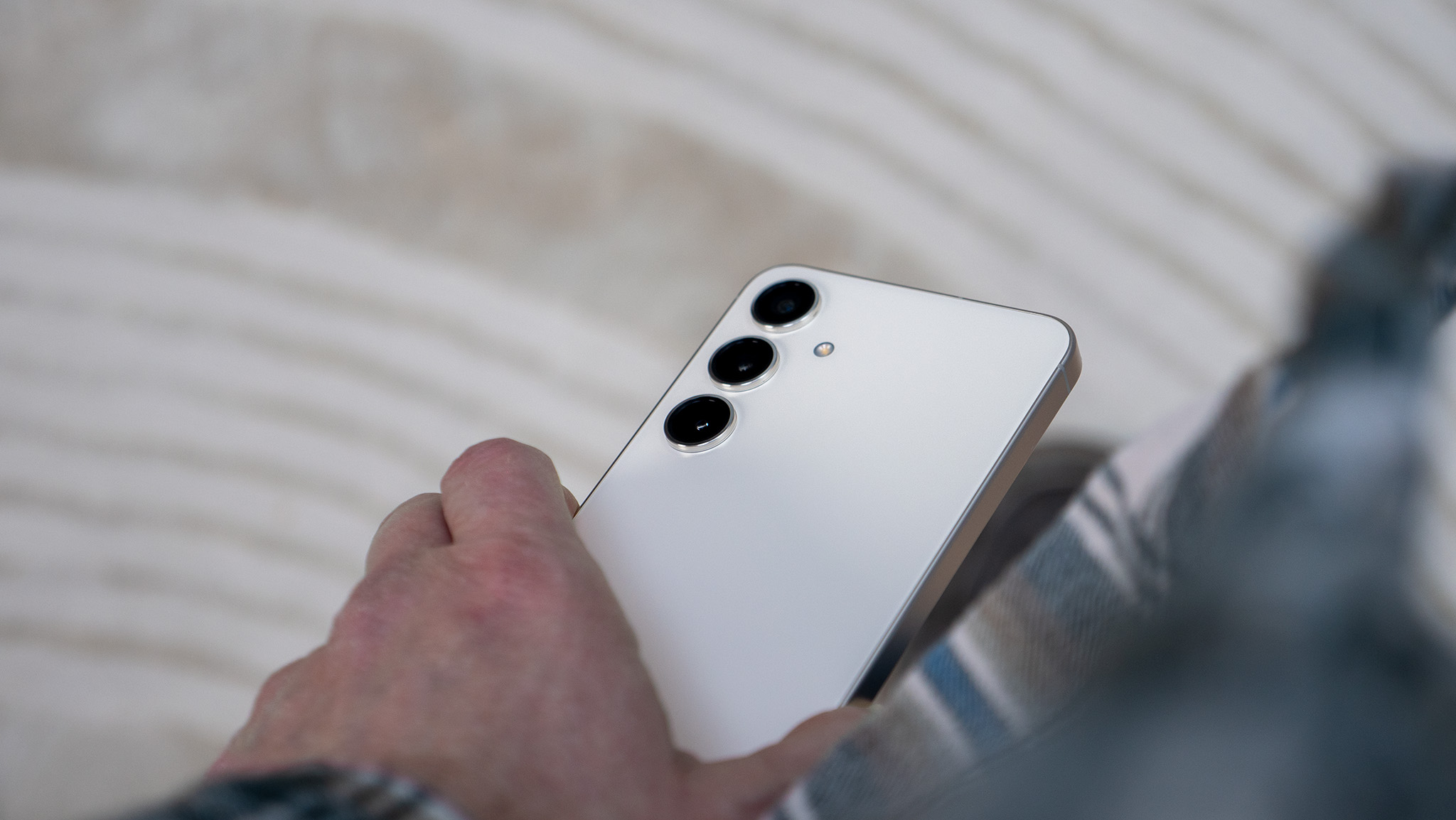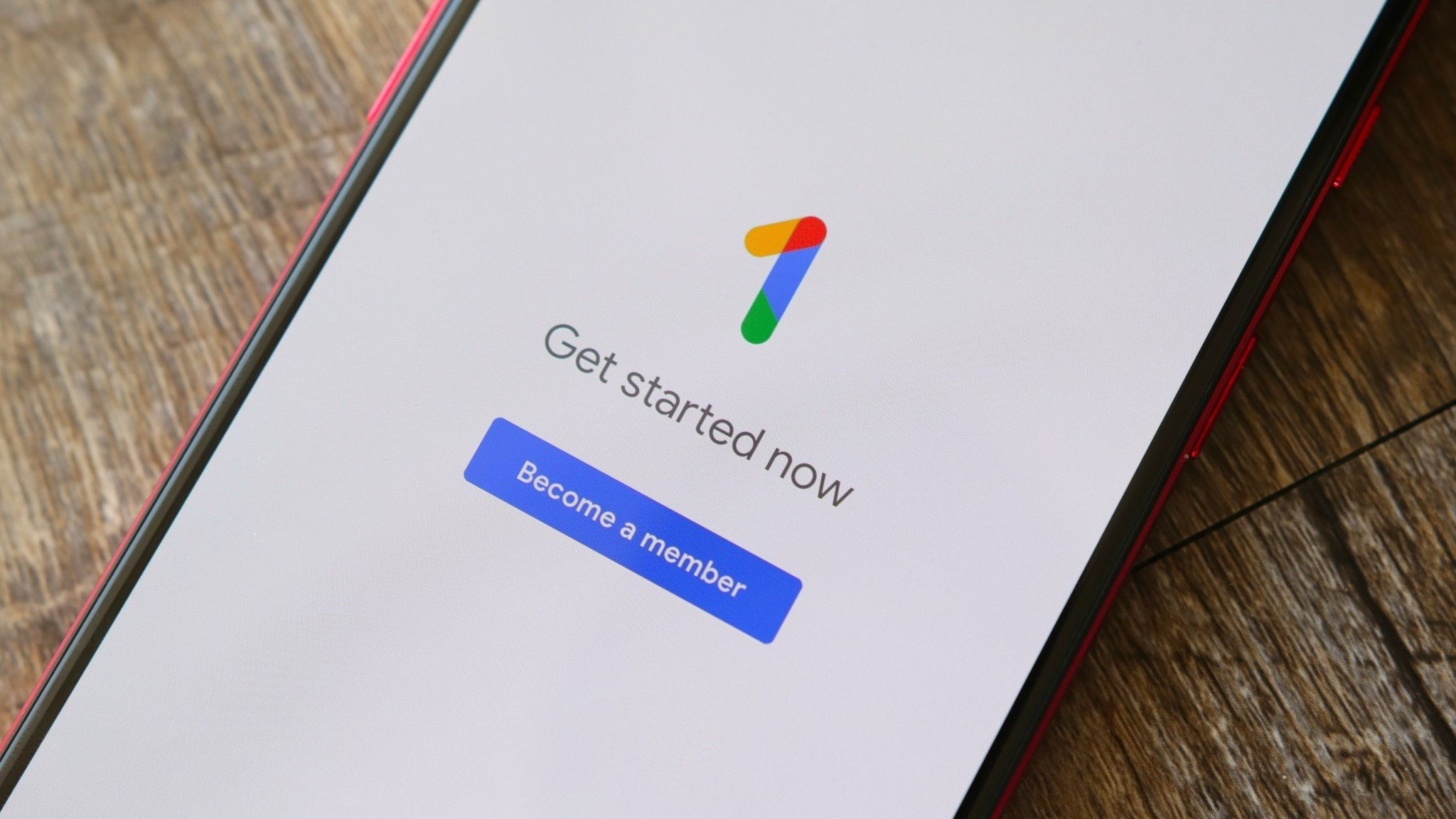Google warns Android users of a zero-day software exploit causing instability
Two months into 2025 and there's already a problematic zero-day exploit running amuk.

What you need to know
- Google is delivering a warning to Android users about a crucial zero-day exploit in the wild.
- The issue can reportedly allow an attacker to cause widespread software instability and more if they've gained access to your phone.
- Google has posted its February security patch notes, which includes a fix for the issue; however, OEMs are up next to deliver it to users.
Google is warning Android users, including the Galaxy S25 and S24, of a critical Android software flaw.
According to Forbes, Google has identified an issue within Android that could be under "targeted exploitation." Digging further, the publication states that this issue could let evil actors trigger memory instability, alter video frames, and more. The problem is reportedly labeled as CVE-2024-53104 and another post went into more detail.
This vulnerability was highlighted in Google's changelog for its monthly February security patch. The publication cites the company in saying the exploit "could lead to local escalation of privilege with no additional execution privileges needed." Additionally, this Android problem is attacking the OS at its Linux kernel, meaning it could widespread damage should an attacker gain access to your device.
While this is certainly dangerous, at the moment, the attacks are reportedly "limited" — but that doesn't mean you shouldn't update quickly once it's available.
The post highlights the Galaxy S25, considering its most recent One UI 7 patch only includes security updates up to December 2024. Samsung pushed its January patch quite late for the S24 series; however, that didn't involve this Android exploit.
As previously stated, this update plagues every Android device, so it's wise to update as soon as possible. With Google dropping the update, it's now sent to the respective OEMs to get it to users quickly.
Forbes adds that there's one more problematic bug involving devices with Qualcomm tech. This one appears to let attackers gain "remote access" to your device, but the publication says there aren't any victims yet. Nonetheless, a fix for that is likely soon.
Be an expert in 5 minutes
Get the latest news from Android Central, your trusted companion in the world of Android

Zero-day exploits (sadly) happen in the world of tech, like the issue Qualcomm ran into in October. A few months ago, Qualcomm confirmed that there was a zero-day chip exploit running wild in the world of Android with its Snapdragon 8 Gen 1 SoC. The issues were "limited" and "targeted," so it refrained from causing widespread panic. The company was unsure of who the attacks were targeting; however, what was clear was that Google, Motorola, OnePlus, and others had devices involved.
The Google Threat Analysis Group provided "indications" that there was an issue running about user devices before passing it onto Qualcomm for confirmation. Aside from the SD 8 Gen 1, Qualcomm further concluded that the exploit affected 64 of its chips.
Luckily, the issue was patched a month before Qualcomm's official confirmation to the public.
Google was also busy in 2024 discussing 97 zero-day vulnerabilities that were exploited in 2023. It was a chunky rise of over 50% compared to 62 vulnerabilities from 2022. Most of those issues plagued Android phones, tablets, and operating systems.

Nickolas is always excited about tech and getting his hands on it. Writing for him can vary from delivering the latest tech story to scribbling in his journal. When Nickolas isn't hitting a story, he's often grinding away at a game or chilling with a book in his hand.
You must confirm your public display name before commenting
Please logout and then login again, you will then be prompted to enter your display name.
